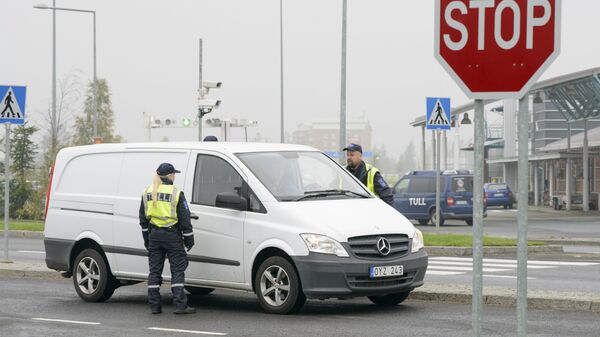Last year, southern Finland's Uusimaa region loosened rules on hiring workers from outside the European Union and the European Economic Area to ease the labor shortage in the construction sector. Today, this measure could be expanded to other industries, Finnish national broadcaster Yle reported.
At present, EU and EEA citizens are given priority when given work permits. However, according to Finnish law, local employment offices can ease restrictions on the basis of labor availability, especially in fields threatened by a shortage of potential employees.
Previous examples have included engineering, construction, heavy earthwork, carpentry, painting, plumbing, roofing, plastering and insulation jobs being excluded from the list of jobs that prioritize EU and EEA workers.
Nevertheless, the general rule persists, not only for blue-collar workers, but also for well-paid specialists. As the HR boss of the employee communication company Smarp, Poola Isomäki, put it, the farther away the non-EU workers come from, the more difficult it is to hire them. According to her, slowdowns in the recruiting process caused by red tape are deadly to companies working in the IT sector, which is already suffering from a drought in skilled employees.
"You just don't find [skilled personnel] simply walking around. Nearly all the Finns already have jobs. Recruiting from other EU countries is difficult, because they need more too," Isomäki explained. "It hasn't always been easy for us, and I have colleagues who have spent 6-9 months getting work permits for employees from outside the EU."
READ MORE: Farewell, Fatherland: Half of Young Finns Ready to Move Abroad
Apart from the IT sector, other branches are also plagued by a labor shortage. The need for competent personnel ranging from bulldozer drivers to restaurant staff is growing. One of the proposed ways of dealing with the problem is liberating the labor market profession by profession.
"Permit procedures should be flexible and adapt to labor market conditions. We are now moving into a situation in which foreign recruitment should be made easier," Olli Sorainen, senior adviser at the Ministry of Economic Affairs and Employment, argued.
Sorainen pointed to a need to keep the issue in proportion. Up to 8,000 residence permits are issued annually to people from outside the EU to work in Finland. That is a very small fraction of the country's total labor force of about 2.5 million.
READ MORE: Happy Now? More and More Depressed Young Finns Collecting Free Government Money
According to Sorainen, this figure could realistically be increased by 50 percent, that is between 10,000 to 14,000 foreign workers. This is still not very much when compared with the total labor market, Sorainen pointed out.
The idea of demolishing the current system completely however is contentious and is currently up for debate between labor unions and political parties, who advocate for workers' interests, and employers' interest groups, who would like to see it discarded.
Prime Minister Juha Sipilä said that discussions on easing work-based immigration may start during the tenure of the incumbent coalition government, despite known opposition to the idea.


